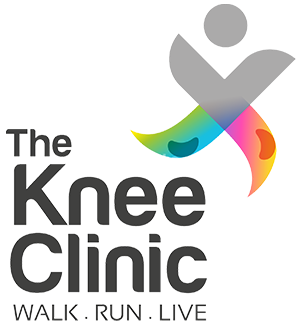Should One Avoid The King Of All Exercises- SQUATS?

The #squat is one of the most basic movements the human body can perform. Revered as the king of all #exercises, its reign has spanned decades atop the iron game. From #bodybuilding to Akhada #fitness, the squat is a vital component of anyone’s training repertoire. It engages the entire lower body and core and is perhaps the most functional movement around. However, proficiency in squats takes time. One cannot simply stand free, bob up and down like a buoy, and make substantial progress. The squat requires a slew of technical considerations, form corrections, and specific, nuanced individual adjustments. What if you happen to be one of those unlucky souls that just cannot get it right? What if you happen to experience discomfort around your kneecap during or after squat routines. The truth is that you may need to reconsider your favoured form or volume of exercise. What if you have never been to the gym or are about to join one for the first time. Should one avoid squats altogether?
The squat is a compound, full-body exercise. Differences in energy expenditure during squatting can be attributed to the various forms of movements, intensities, weights, repetitions, sets, and types of items (Smith machine or barbell). There is data to indicate that deep squats, and the addition of weights and/or resistance increase forces across the patellofemoral joint (behind the kneecap). Literature has several reports suggesting squats are associated with injuries to the lumbar spine and knees. Others have suggested that squatting may be one of the factors associated with an increased risk of osteoarthritis (aging) of the knees. Some of us just are not physically cut out to squat and should avoid the exercise for certain reasons;
1. The glutes and hamstrings are muscles located at the back of the thigh. These two muscles are often neglected and over time become weak, especially in people who sit for most of the day, drive to the office or lead a sedentary life. When you squat with weak hamstrings and glutes, the body overcompensates by using lower back muscles more. This may potentially lead to ‘overuse’ lower back issues.
2. Many people have a habit to slouch forward (develops over time). If such people start weighted squats before postural correction, they are bound to overload the back.
3. Teenagers, especially #obese females and/or those with flat feet (over-pronators) are more prone to anterior #KneePain (around the kneecap) if and when their squat quotient exceeds a certain level. This level of tolerance is subjective and maybe minimal for some adolescents.
4. Hypertensive individuals and those at risk of stroke should avoid squatting as it can lead to a sudden significant rise in #BloodPressure according to some reports.
So, should one avoid squats?
Majority of research agrees that squats are safe and effective if performed correctly. But can too much of a good thing be a bad thing? Is not an excess of anything always a bane? Prudence and moderation are the keys! To book an appointment for any #KneePain issues, please contact #TheKneeClinic on ph +91 91671 07090 (South Mumbai) or +91 91671 01071 (North Mumbai) or click on the website link https://www.thekneeclinic.in/contact.php
Recent Posts
-
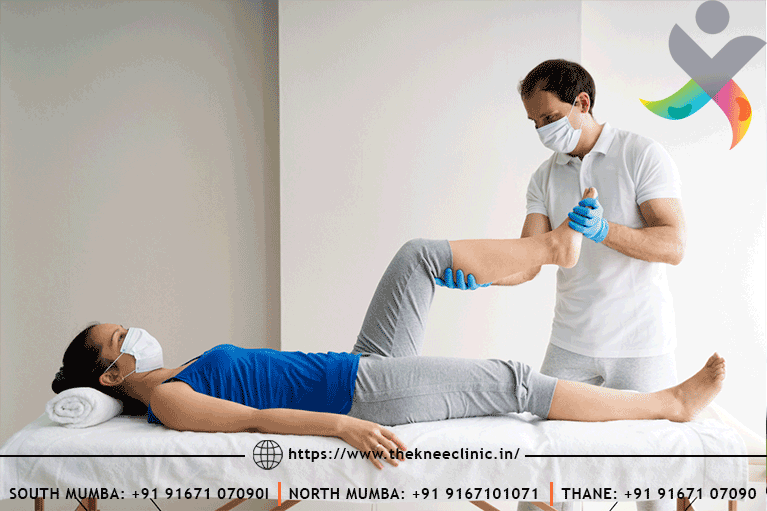 Can the Coronavirus affect my bones and joints?08 Mar 2024
Can the Coronavirus affect my bones and joints?08 Mar 2024 -
 Should One Avoid The King Of All Exercises- SQUATS?08 Mar 2024
Should One Avoid The King Of All Exercises- SQUATS?08 Mar 2024 -
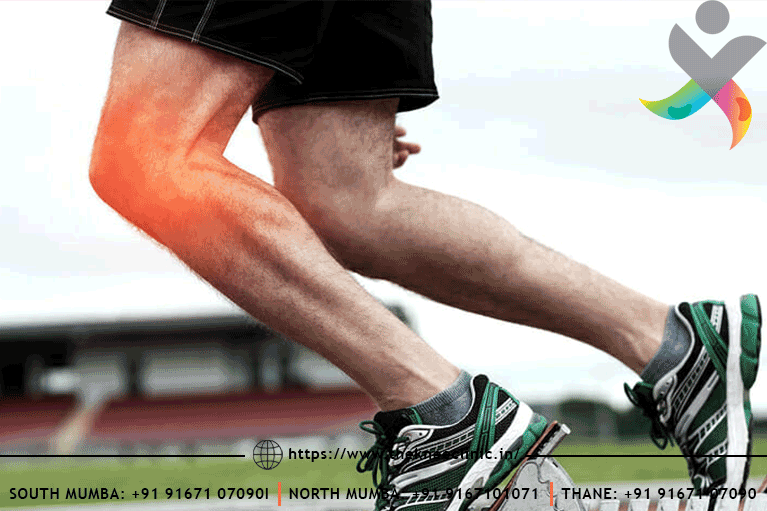 Anterior Knee Pain in Athletes08 Mar 2024
Anterior Knee Pain in Athletes08 Mar 2024 -
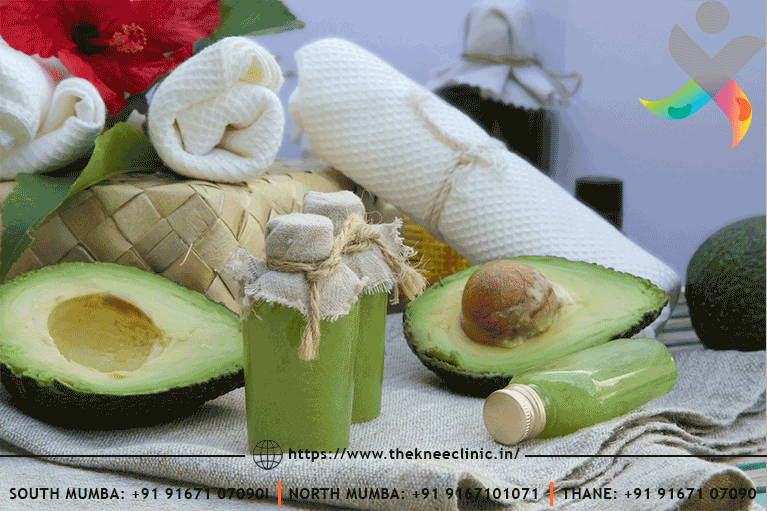 Managing Osteoarthritis From the Kitchen08 Mar 2024
Managing Osteoarthritis From the Kitchen08 Mar 2024 -
 What is gout?08 Mar 2024
What is gout?08 Mar 2024 -
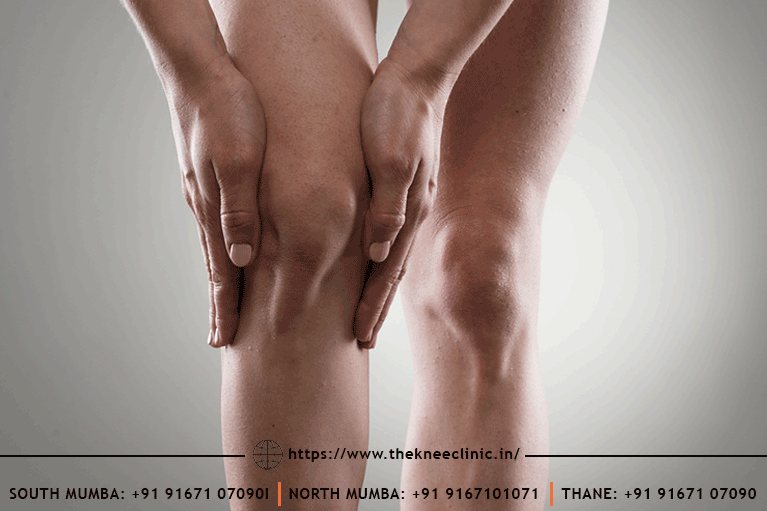 What is Rheumatoid Arthritis?08 Mar 2024
What is Rheumatoid Arthritis?08 Mar 2024 -
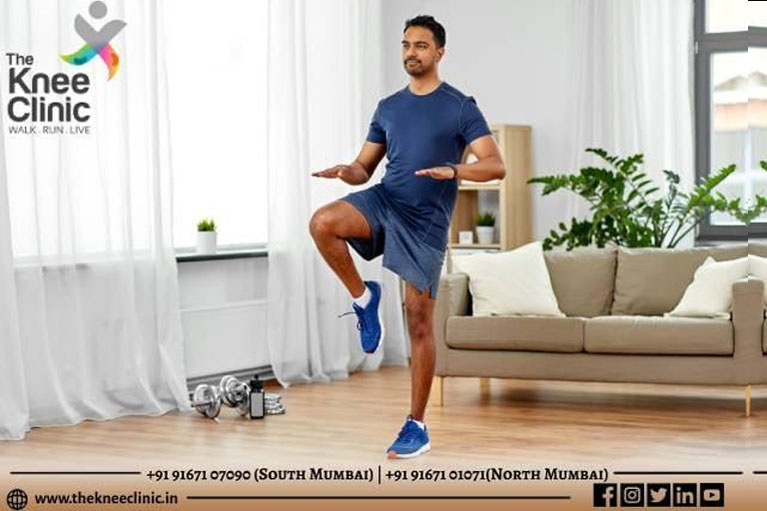 Exercises07 Mar 2024
Exercises07 Mar 2024 -
 What is Calcium and what does it do?07 Mar 2024
What is Calcium and what does it do?07 Mar 2024
